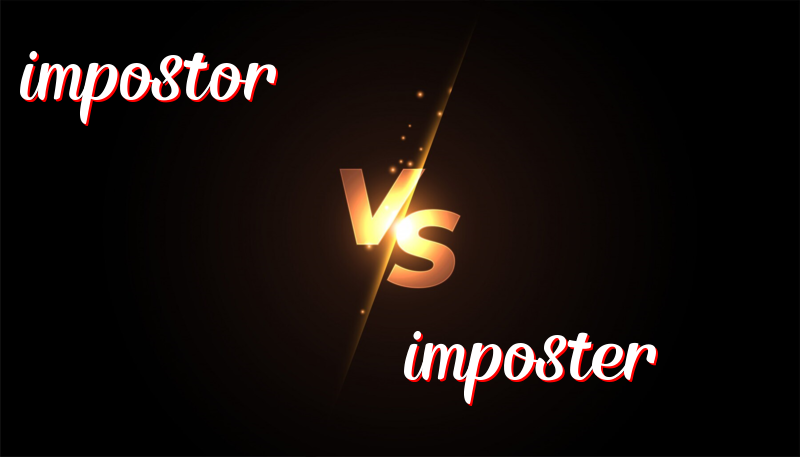Understanding the Difference Between Impostor and Imposter
Impostor vs. Imposter
Sometimes, words can be tricky. Two words that people often mix up are “impostor” and “imposter”. Let’s learn about them!
History of the Words
Both “impostor” and “imposter” come from the same root. They are used to talk about someone who pretends to be someone else. The word has been around for a long time, and both spellings are used in English. “Impostor” is more common in British English, while “imposter” can be seen more in American English. But really, you can use either one!
How to Use Them
- Impostor and Imposter: Both words mean a person who tricks others by pretending to be someone else.
Example Sentences: Impostor
- The man on TV was just an impostor.
- She caught the impostor red-handed.
- The impostor wore a funny hat.
- They believed he was an impostor.
- She wrote a story about an impostor.
Example Sentences: Imposter
- The imposter fooled everyone.
- He spotted the imposter in the room.
- An imposter tried to steal the crown.
- The imposter was very clever.
- Is that person an imposter?
Trick to Remember the Difference
An easy way to remember is that both “impostor” and “imposter” are correct. Just think of “O” as in “official” for “impostor”, which appears in more official uses like writing, and “E” as in “entertainer” for “imposter”, since some entertainers like actors pretend to be others.
Summary
Both “impostor” and “imposter” mean the same thing. Feel free to use either one. It often depends on where you live or what you like. In British settings, “impostor” is more common. In American settings, you might see “imposter” more. But don’t worry too much because both are good!

Leave a Reply
You must be logged in to post a comment.